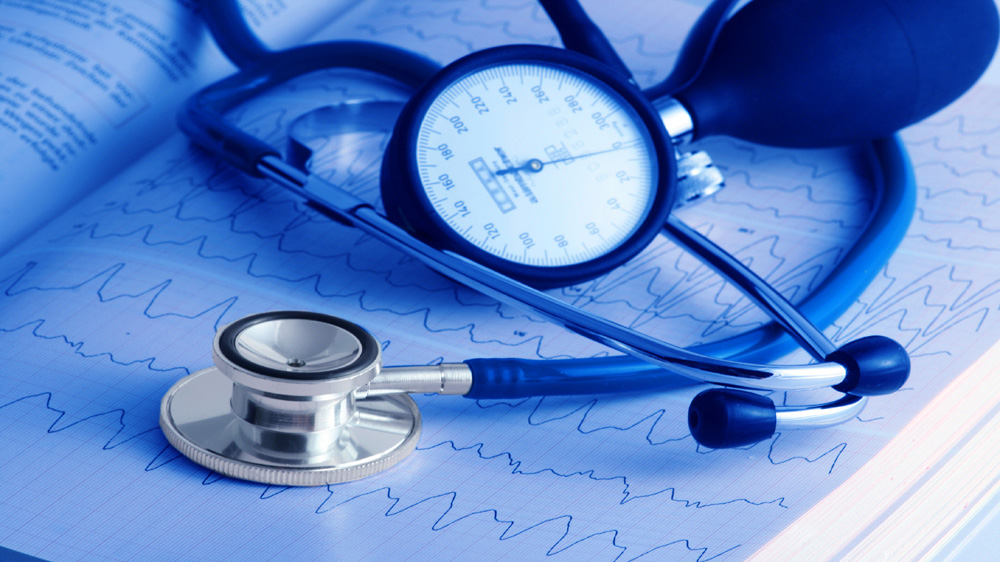Wearable devices and smart technology have revolutionized the way we monitor and manage our health. These innovations have made it possible for individuals to track vital health data in real-time, enabling both patients and healthcare providers to gain valuable insights into health conditions and make informed decisions more promptly. The integration of wearable devices, such as fitness trackers, smartwatches, and health-monitoring tools, with advanced technologies like sensors, machine learning algorithms, and cloud computing has brought about a significant shift in the approach to health management. One of the primary benefits of wearable devices is the continuous monitoring of key health metrics. Devices like smartwatches and fitness bands are capable of tracking heart rate, sleep patterns, physical activity, and even blood oxygen levels. These measurements provide users with a comprehensive understanding of their health in real-time. Smart technology in healthcare also allows for seamless data sharing between patients and healthcare providers. Many wearable devices are equipped with the capability to sync data to mobile apps or cloud-based platforms.

This creates an easy-to-use system for individuals to monitor their health and share this data with their doctors. With access to real-time data, healthcare professionals can make timely adjustments to treatment plans or medications, leading to more personalized care. Moreover, these devices can send alerts if something goes wrong, such as a heart rate spike or a significant drop in blood sugar levels, ensuring that patients are never out of touch with their healthcare providers. The real-time nature of wearable devices makes them indispensable in managing high-risk conditions. For example, individuals with heart disease can benefit from wearable ECG monitors that track heart rhythms continuously. These devices can alert users to irregular heartbeats, potentially saving lives by allowing for immediate medical intervention. Similarly, people with respiratory conditions such as asthma or COPD can use smart inhalers or oxygen level monitors to ensure their health remains stable. By receiving immediate feedback on their health status, patients gain confidence and better control over their conditions.
These devices also empower individuals to take an active role in their health, encouraging healthier lifestyles and fostering preventative measures. In addition to physical health monitoring, some wearable devices also focus on mental health. Devices equipped with sensors that track stress levels, mood, and even brainwave activity are being used to help individuals manage mental health disorders. Through real-time data, patients can gain a better understanding of how their emotions fluctuate and how different activities or events impact their mental well-being. These insights can lead to improved coping strategies and better overall mental health. Overall, wearable devices and smart technology are transforming healthcare by providing real-time insights that empower patients to take control of their health. The continuous monitoring of vital signs, early detection of abnormalities, and seamless communication with healthcare providers are helping improve patient outcomes, reduce healthcare costs, promote proactive health management.
